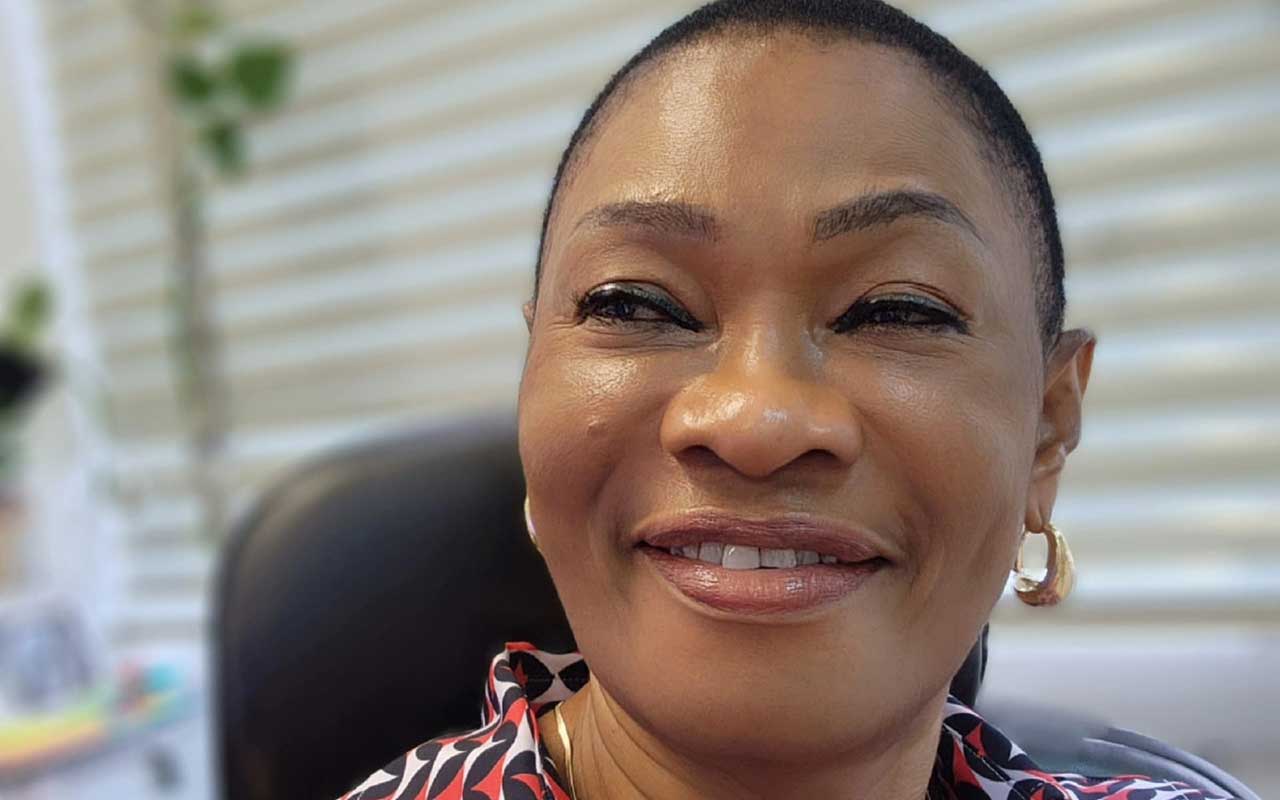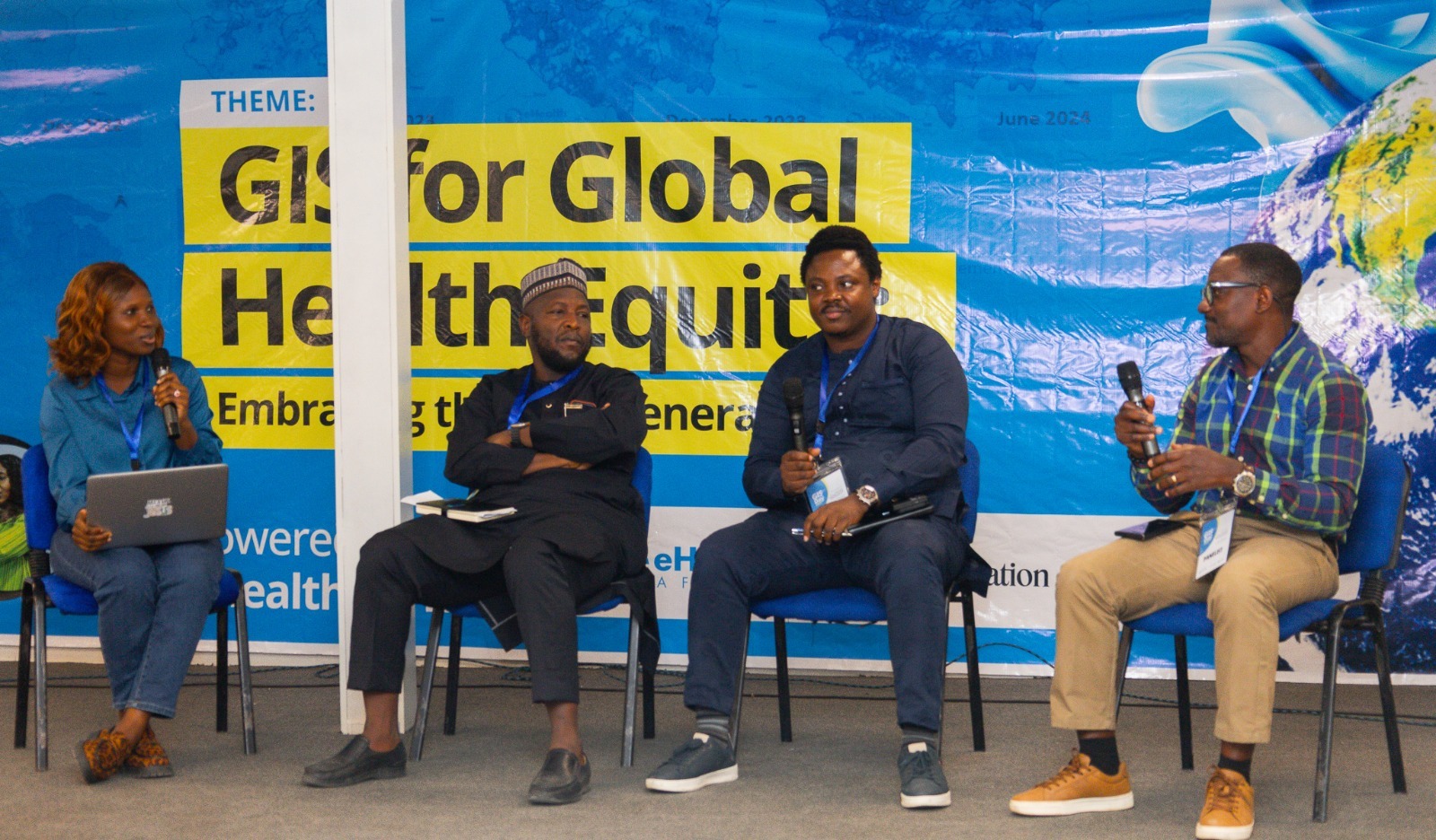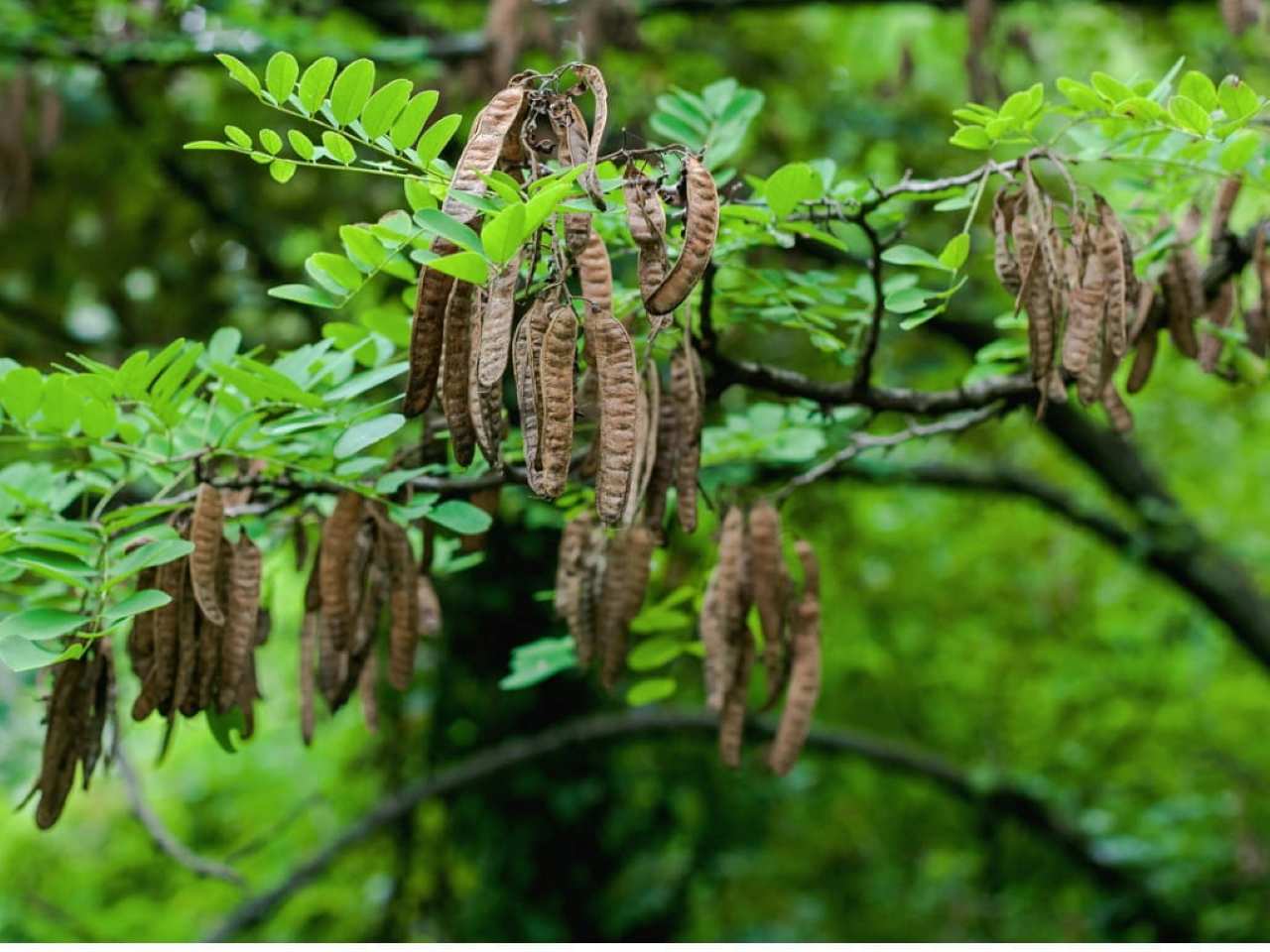 For renowned researcher, Doris Ijeoma ANOMNEZE, it is a matter of grave concern that domestic violence continues to ravage the lives of millions of people worldwide, with a devastating impact on children’s upbringing and education.
For renowned researcher, Doris Ijeoma ANOMNEZE, it is a matter of grave concern that domestic violence continues to ravage the lives of millions of people worldwide, with a devastating impact on children’s upbringing and education.
Doris groundbreaking research, spanning over four decades from 1980 to 2023, sheds light on the alarming consequences of domestic violence on young children, children, and young people in Port Harcourt, Nigeria.
The study reveals that domestic violence causes worsened psychological and physical health, decreased quality of life, and decreased productivity, affecting not only the victims but also those who witness it, including children.Her work highlights the often-overlooked effects on children, who may experience emotional trauma, physical and psychological barriers to learning, and disruptive behavior in school.
She also emphasizes that schools play a vital role in supporting children living with domestic violence, as they are often the service in closest and longest contact with the child. Teachers can help families access welfare services, making them crucial in identifying and addressing the issue, Doris Ijeoma notes.
Doris’s study recommends raising awareness about the harmful effects of witnessing abuse on children, implementing effective public policies and support systems, enhancing social services for children, and developing programs to identify early signs of domestic violence.
The research underscores the need for multi-agency responses to children living with abuse, as concerns have been raised about the effectiveness of current approaches. Doris Ijeoma’s work has far-reaching implications for policymakers, educators, social workers, and healthcare professionals, emphasizing the need for a collaborative approach to address the devastating effects of domestic violence on children.
“Domestic violence causes a ripple effect, damaging not only the victim but also the witnesses, including children, who may experience emotional trauma, physical and psychological barriers to learning, and disruptive behavior in school,” notes Doris Ijeoma Anomneze.
To mitigate this,she stresses the importance of collective action: “We must raise awareness about the harmful effects of witnessing abuse on children, implement effective public policies and support systems, enhance social services for children, and develop programs to identify early signs of domestic violence. By working together, we can create a safer, more supportive environment for children to thrive and break the cycle of domestic violence.”





